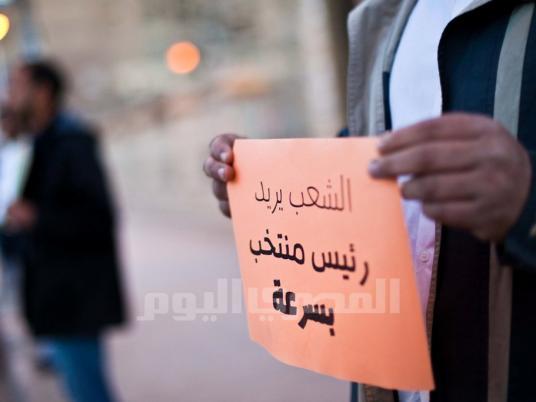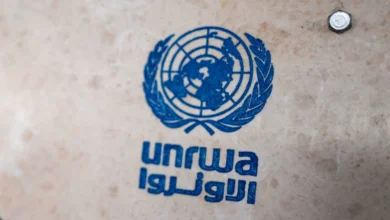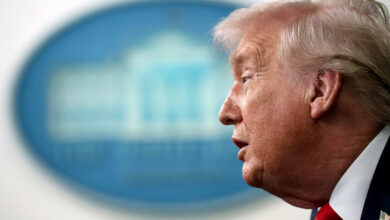
Western democracies should overcome their aversion to Islamist groups that enjoy popular support in North Africa and the Middle East and encourage them to respect basic rights, Human Rights Watch (HRW) said in a report on Sunday.
HRW executive director Kenneth Roth said in the group's annual report that the past year's "Arab Spring" pro-democracy uprisings across the region have shown it is vital for the West to end its policy of backing "an array of Arab autocrats" in exchange for supporting Western interests.
The West should also be more consistent in supporting pro-democracy forces in the Arab world and elsewhere, he said in HRW's 690-page report on human rights abuses worldwide.
"The international community must … come to terms with political Islam when it represents a majority preference," he said. "Islamist parties are genuinely popular in much of the Arab world, in part because many Arabs have come to see political Islam as the antithesis of autocratic rule."
"Wherever Islam-inspired governments emerge, the international community should focus on encouraging, and if need be pressuring, them to respect basic rights – just as the Christian-labeled parties and governments of Europe are expected to do," he said in the introduction to the report.
He added that the international community "should adopt a more principled approach to the region than in the past. That would involve, foremost, clearly siding with democratic reformers even at the expense of abandoning autocratic friends."
Islamist blocs have emerged as major political forces in both Tunisia and Egypt.
HRW praised the United States and European Union for their tough stance on the late Libyan leader Muammar Qadhafi's brutal crackdown on protesters, which eventually led to a UN Security Council authorization for military action to protect civilians.
The NATO intervention in Libya's civil war led to Qadhafi's ouster and death at the hands of rebel forces.
After initially hesitating over Syria, Roth said the United States and EU imposed sanctions on President Bashar al-Assad's government for a crackdown on pro-democratic demonstrators that has killed at least 5,000 civilians, according to UN figures.
"Elsewhere, however, the Western approach to the region's uprisings has been more tentative and uncertain," Roth said.
AU: 'Dictators' support club'
HRW said Washington was reluctant to abandon Egypt's President Hosni Mubarak, seen as key to maintaining regional stability and peace with Israel, until his ouster was a foregone conclusion. It then hesitated to press Egypt's ruling military council to hand power over to an elected civilian government.
France was equally reluctant in Tunisia, Roth said.
"Similarly, Western governments imposed no meaningful consequences for killing protesters on the government of Yemen's President Ali Abdullah Saleh, whom they viewed as a defense against Al-Qaeda in the Arabian Peninsula," he said.
They also failed to take a strong stance against Bahrain, partly out of "deference to Saudi Arabia," which dislikes the idea of a democracy near its shore and worries that Iran is meddling in the Shia-majority nation of Bahrain, Roth said.
Western democracies "said little when monarchies have taken anti-democratic actions, such as the adoption of new repressive laws in Saudi Arabia and the imprisonment of five democracy activists in the United Arab Emirates," he said.
The Arab League has also been inconsistent. Even worse has been the African Union, which he called "shamefully complacent."
"Ostensibly founded to promote democracy, it has acted like a dictator's support club, siding with whichever government happens to be in power regardless of its conduct," he said.
"As the revolutions proceeded in Tunisia, Egypt, and Libya the AU was at best irrelevant, at worst unhelpful."
Roth also criticized Russia and China, which vetoed a European-drafted UN Security Council resolution on Syria in October that would have condemned the crackdown on pro-democracy protesters and threatened Damascus with possible sanctions.
Moscow's and Beijing's "partners in indifference" on Syria were Brazil, India and South Africa, which along with Russia and China comprise the powerful BRICS emerging-market bloc.




